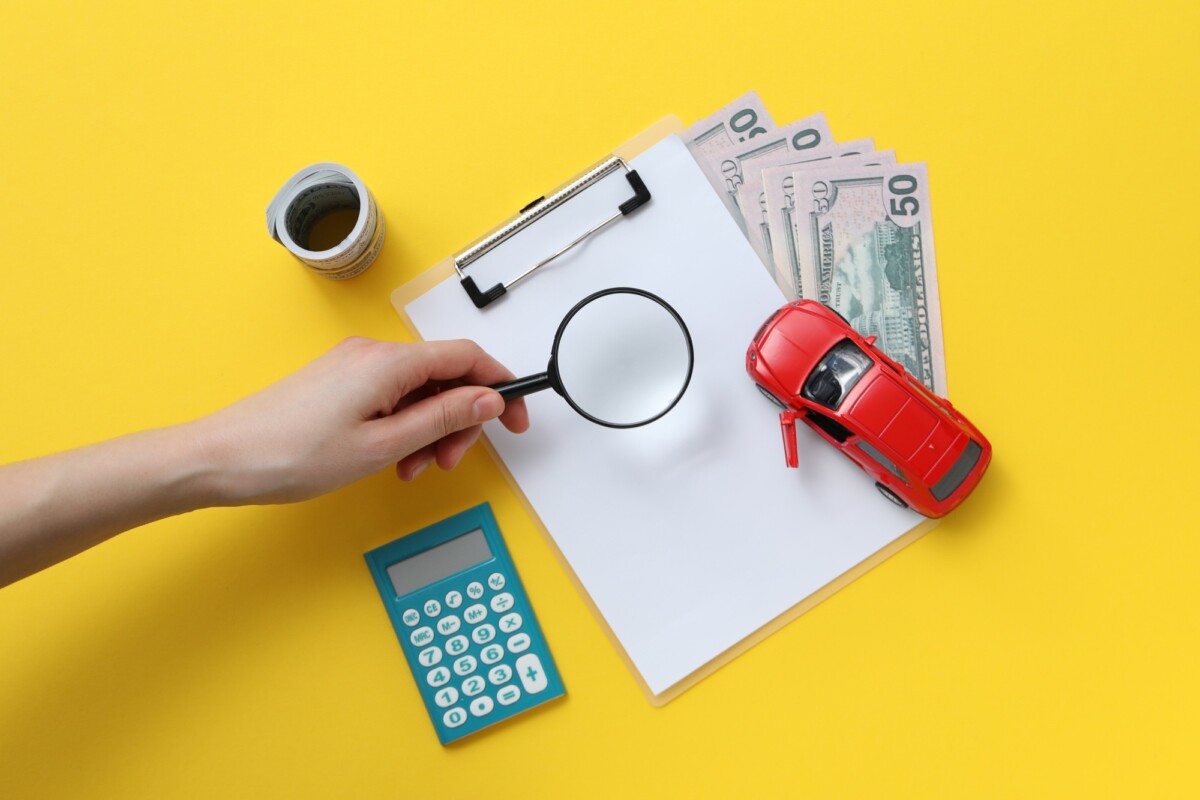6 Reasons Why You Need Auto Insurance
Auto insurance by law is required in most states. If you are responsible for a car accident, the automobile liability insurance prescribed in your automobile insurance, covered losses such as medical bills of the other party and damage to your vehicle or other property resulting from the accident will help you pay for the accident. It is also helpful to pay your legal fees if you are brought to justice for the accident.

CAR INSURANCE MAY BE
The laws of each state set minimum limits for motor vehicle liability insurance that the driver must purchase. A limit is a maximum amount that your insurance company will pay for a covered claim. You may want to increase your coverage limits beyond the minimum requirements in your country. Otherwise, you could pay out of your own pocket, for example, if you cause an accident in which another driver is injured and your medical bills exceed your coverage limits. In some states, you may need additional coverage for your auto insurance, such as B. auto insurance or uninsured personal protection.
AUTOMOTIVE INSURANCE PROVIDES FINANCIAL PROTECTION
If there is a car accident, you can be held responsible for the costs incurred. This can include legal fees, medical expenses for the injured person, or loss of income if their injuries prevent them from working. Liability insurance can help cover these costs. Without liability insurance (or reasonable liability restrictions), you will likely have to pay these costs out of your own pocket.
YOUR Rental Company Or Agent May Need Auto Insurance
If you finance or rent your vehicle, your lender may ask you to purchase collision and full insurance. Since the lender or rental agent has a lien on your vehicle when paying, these two covers can help protect your investment. Full or collision protection can help repair or replace the vehicle if it is damaged by a covered loss.
If you have gap insurance for your auto insurance, this coverage will help you pay off your auto loan if the vehicle is stolen or if you owe more than the depreciated value. Gap insurance is optional and generally works with a collision and full coverage.
Auto Insurance Can Help Protect Repair Costs
Even if you own your vehicle directly, you may still want comprehensive collision and auto insurance. Although mandatory liability insurance helps pay for damage to another driver’s vehicle, it is important that you have insurance for your own vehicle. For example, what happens if your car is damaged during a hailstorm? Full coverage can help pay for repairs or replacements if your car is stolen or damaged by something other than a collision, such as a falling object or fire. Or let’s say you accidentally hit a mailbox and damaged the front bumper of your car. Collision protection can help you pay for repairs to your car if you hit another object or vehicle, regardless of the breakdown.
Without full coverage or collision insurance, you will have to use your own money to repair your car.
AUTOMOBILE INSURANCE HELPS PROTECT YOUR PASSENGERS
Medical coverage and injury protection can help you pay your medical bills if you are injured in an accident. It can also help cover the costs of your passengers due to the accident. This coverage can help pay for hospital visits, medical bills, and surgeries. CAR INSURANCE HELPS YOU PROTECT YOURSELF Although public liability is compulsory, many people drive without it. Insurance coverage for uninsured drivers can help you pay your medical bills if you are hit by an uninsured driver. This coverage is mandatory in some countries and optional in others. Good auto insurance coverage can go beyond meeting a legal requirement. Auto insurance can help protect your vehicle and wallet and even keep you safe. Talk to a local representative who can help you choose the right coverage for your needs.





